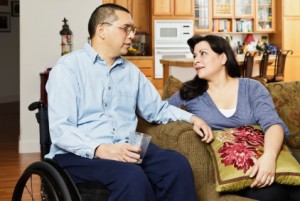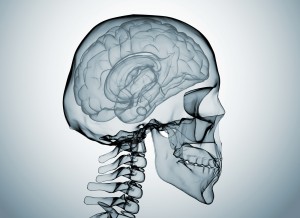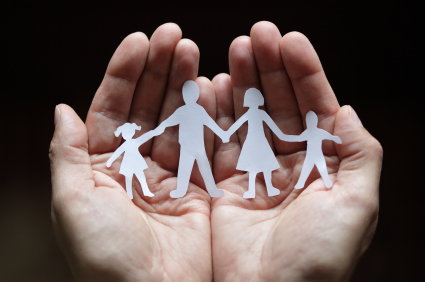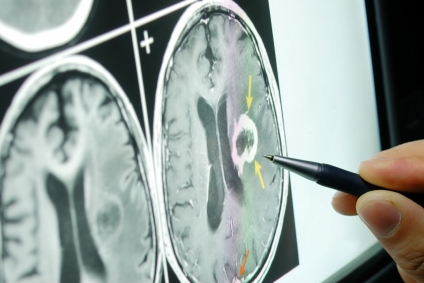 If you have suffered a traumatic brain injury, this can be one of the most difficult times of your life. It’s important to understand many of changes that your body will go through and what may affect you in the process. There may be behavioral changes you can expect to occur, but did you know that even the weather can have an impact on you if you’ve suffered this type of serious injury.
If you have suffered a traumatic brain injury, this can be one of the most difficult times of your life. It’s important to understand many of changes that your body will go through and what may affect you in the process. There may be behavioral changes you can expect to occur, but did you know that even the weather can have an impact on you if you’ve suffered this type of serious injury.
Cloudy and Rainy Weather
It is common for people who have a brain injury to be more anxious and depressed. The severity of the injury is sure to impact the extent of this unwanted condition.
Additionally, if the weather is cloudy and raining, this can increase the chances of dealing with depression and it may be worse as a result. Gloomy weather can have a negative impact on people who are dealing with a health crisis even more so than on healthy individuals.
Sunny Weather
It has been stated that sunlight is the best anti-depressant on the market. One thing is for certain, and that is that it has the least side effects and is easily obtainable without a prescription. This is because the rays of the sun can increase the serotonin levels in your body, and this can work to decrease your depression.
Sunlight has a large dose of Vitamin D in it, and this is necessary for the body to function at its best. This vitamin has also been proven to decrease anxiety and depression in people who may be dealing with a traumatic brain injury.
Be sure to visit our online community at TryMunity which can help you cope with your brain injury. This is a supportive group of people who have undergone this condition and are here to assist you with encouragement and support.




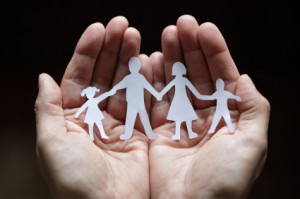 At
At  Your health is your wealth. There is no denying this fact if you’re faced with a serious medical condition. Being
Your health is your wealth. There is no denying this fact if you’re faced with a serious medical condition. Being 